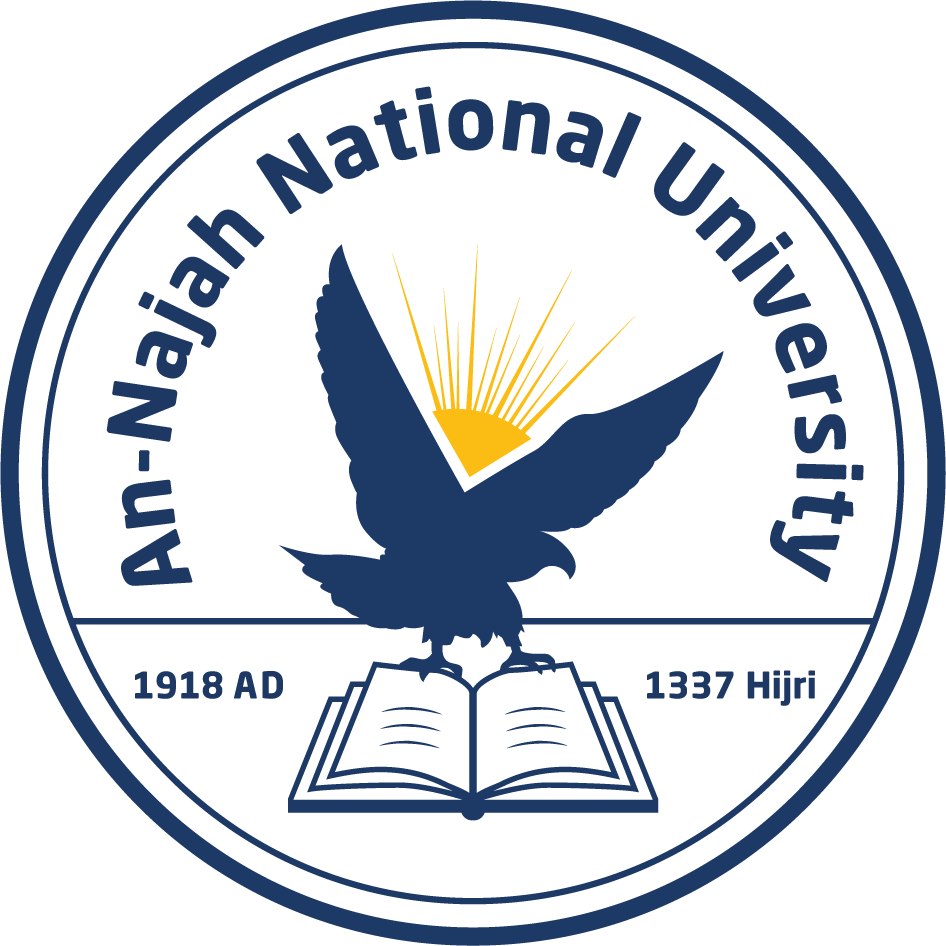Advancing Global Academic Partnerships and Integrated Leadership: Insights from Barcelona Forum

Dr. Kherieh Rassas, a prominent figure in higher education leadership, recently brought her expertise to the forefront at the Barcelona Forum on Higher Education Policy and Management. As President of UNIMED (Mediterranean Universities Union) and Vice President for External and International Affairs at An-Najah National University, her contributions underscored the critical importance of international collaboration and integrated leadership in shaping the future of higher education.
Organized by the Global University Network for Innovation (GUNI), the forum convened distinguished leaders including Prof. Abdel Nasser Zaid, An-Najah University President and Dr. Saed Khayat, Director of Scientific Centers and Grants Unit, highlighting key discussions on navigating challenges and seizing opportunities in the educational landscape.
Dr. Rassas emphasized the transformative power of global academic partnerships, advocating for their role in addressing diverse challenges and advancing collective academic endeavors. She pointed to initiatives within the Mediterranean Universities Union as exemplary models of cross-regional cooperation, spanning Europe, Africa, the Middle East, and the Western Balkans. Established in 1991, this network of 162 institutions fosters collaboration in education, research, and societal impact, with ongoing projects supporting refugees and enabling educational continuity in Gaza despite significant constraints.
"In our interconnected world," Dr. Rassas remarked, "university partnerships play a pivotal role in promoting intercultural dialogue, academic collaboration, and overcoming educational barriers, particularly in crisis situations."
Integral to her advocacy was the integration of leadership programs across disciplines, aiming to equip future leaders with the skills needed to navigate complex educational environments. She highlighted the evolving role of university leadership in optimizing resources, fostering strategic partnerships, and promoting organizational resilience amidst global challenges such as pandemics and economic uncertainties.
Dr. Rassas also addressed the sustainability of international alliances, acknowledging both their benefits and challenges. While these partnerships enhance global visibility and resource sharing, they also require concerted efforts to overcome cultural, logistical, and funding hurdles.
Looking forward, Dr. Rassas emphasized the need for continuous adaptation and innovation in leadership practices to meet the accelerating demands of technological advancements and evolving educational needs. She advocated for inclusive leadership models that empower diverse stakeholders and promote sustainability within educational institutions.
The Barcelona Forum served as a platform for Dr. Kherieh Rassas to reaffirm her commitment to advancing higher education through international collaboration and robust leadership initiatives. Her insights underscored a vision for a more interconnected and resilient educational ecosystem, driven by collective efforts and shared aspirations across borders.

